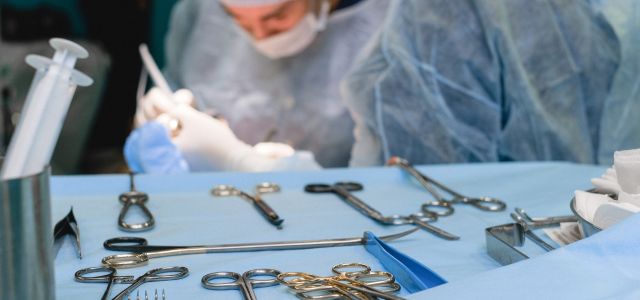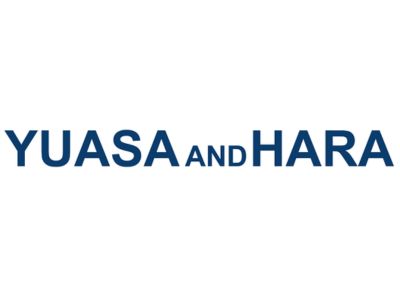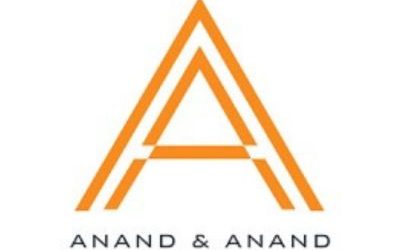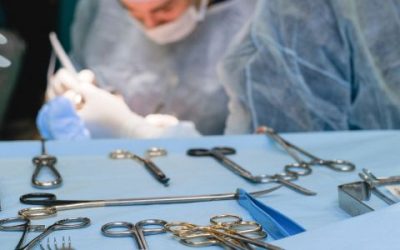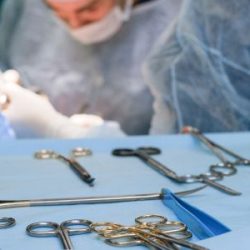The procedure of calling for third-party opinions was introduced on April 1, 2022, in patent and utility model infringement suits. In the second case under the proceeding, the Intellectual Property High Court (IPHC) issued a request for opinions with a deadline of September 6, 2024.
Outline of the proceeding
If the Tokyo District Court (TDC), the Osaka District Court, or the IPHC considers it necessary, they can invite opinions from the public for use as evidence in the proceedings. Either party involved in litigation can request the court to apply the proceeding for calling for third-party opinions. The court will decide whether to solicit third-party opinions, contemplating the opinions of both parties.
The scope of issues where opinions are gathered is broad, not limited to legal issues and rules of thumb, but extends to matters that the court considers necessary depending on the case. There is no limitation as to who can submit opinions.
In the proceeding, both parties inspect and copy the opinions submitted to the court by third parties. Then, each party selects opinions favorable to the party and submits them to the court as documentary evidence.
Second case
The patent relates to an invention of a composition relating to cosmetic medical technology, and the defendant is a doctor who runs a plastic surgery clinic. Currently, an invention for treating a human is not a patentable subject matter and, therefore, it is obligatory to try to obtain patent rights for an invention of a “product,” even if it is essentially a method invention.
- Patent
The plaintiff is the patentee of JP No. 5186050. <Claim 1>
A composition for promoting subcutaneous tissue increase is characterized in that the composition comprises autologous plasma, basic fibroblast growth factor (b-FGF), and fat emulsion.
- Case
The plaintiff claimed that the hematopoietic breast augmentation surgery performed by the defendant at the clinic constituted an infringement of the patent and demanded compensation for damages. The TDC dismissed the plaintiff’s claim stating that the evidence was insufficient to find that the defendant had prepared and manufactured the claimed “composition” that simultaneously contained the ingredients described in the claim.
The plaintiff appealed to the IPHC.
- Opinion gathering
The IPHC issued a request for opinions on the following issues:
- Should the patent in question be invalidated by an invalidation trial as being “an industrially inapplicable invention” under Article 29(1) of the Patent Act?
- Does the invention in question constitute “an invention of a medicine to be produced by mixing two or more medicines” under Article 69(3) of the Patent Act?
In certain hypothetical situations:
- Does the act of the appellant instructing a nurse or assistant nurse at the clinic to make a surgical composition that is a mixture of the claimed ingredients, without issuing a prescription, fall under the “act of dispensing a drug by prescription of a physician or dentist” under Article 69(3) of the Patent Act?
- Since the appellant’s act of making the composition in question closely relates to medical practice, can it be said that for some reason the effect of the patent right does not cover it?
- In the case that the appellant, a physician, uses the drug containing (1) and (2) and the drug containing (3) separately for surgery at the clinic, and (1) to (3) are mixed in the body of the subject, does the surgery by the appellant constitute “production” of the “composition” of the patented invention?
We expect that a decision by the IPHC will be issued this year.
Patentability of medical-related inventions
Although there is no explicit provision in the Patent Act, it has been interpreted that an invention of a “method for treating a disease or diagnosing a human” does not fall under the category of “industrially applicable invention” as stipulated in Article 29, Pillar 1 of the Patent Act. In light of the development and diversification of medical-related technologies and related businesses, it is strongly expected that the Patent Act will be amended to address the issues by expanding the scope of patentable subject matter and clarifying the exemption for physicians’ acts.
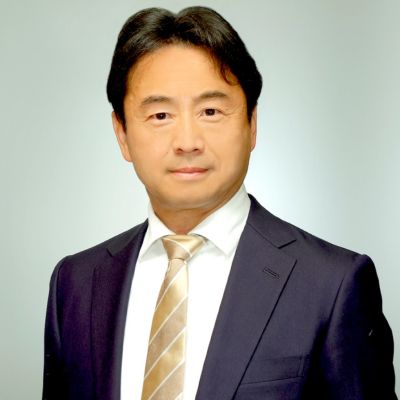
Written by Osamu Yamamoto
Patent Attorney, YUASA and HARA
The Patent Lawyer Editorial Board Member
You may also like…
Pravin Anand conferred with the APAA Enduring Impact Award
Pre-eminent IP Lawyer and Managing Partner of Anand and Anand, Mr Pravin Anand, has been conferred with the...
The quiet power of confidentiality clubs in SEP litigation
In standard essential patent (SEP) disputes, especially those involving FRAND (Fair, Reasonable, and...
A $10 million patent win reduced to a $1 lesson in damages
In a decision that will resonate as a stark warning to patent litigants, the US Court of Appeals for the Federal...
Contact us to write for out Newsletter


